64 Undocumented Immigrants 'Self-Deport' on U.S. Government Flight
Homeland Security launches "Project Homecoming," offering undocumented migrants free travel and financial incentives to voluntarily return to their home countries.The U.S. Department of Homeland Security (DHS) has announced that 64 undocumented immigrants departed the country on a government-chartered flight as part of a new voluntary return program known as Project Homecoming. The initiative encourages individuals living in the U.S. without legal status to "self-deport" in exchange for free airfare and a $1,000 stipend.
The first flight under this program departed from Texas and transported 38 individuals to Honduras and 26 to Colombia. DHS described the operation as a “voluntary charter flight,” emphasizing that it was not conducted by U.S. Immigration and Customs Enforcement (ICE), which typically handles deportations.
Project Homecoming is part of a broader immigration enforcement strategy under President Donald Trump’s administration. Alongside this program, the administration has implemented high-profile crackdowns, including the detention of hundreds of migrants in a controversial mega-prison in El Salvador.
Participants in the new initiative can avoid detention, legal penalties, and long-term bans on re-entry by using a government-approved app, CBP Home, to arrange their departure. Homeland Security Secretary Kristi Noem promoted the program as a more humane and orderly alternative to forced removals.
“If you are here illegally, use the CBP Home App to take control of your departure and receive financial support to return home,” said Noem in a statement. “If you don't, you will be subjected to fines, arrest, deportation, and a permanent ban from returning.”
Since the app's rollout in March, the government has also facilitated voluntary returns via commercial flights. Officials say the initiative helps reduce the strain on detention facilities and legal systems while encouraging undocumented individuals to leave the country under less confrontational circumstances.
Despite the voluntary nature of Project Homecoming, Trump’s wider immigration policies continue to face fierce criticism and legal scrutiny. Immigrant advocacy groups have challenged many of his enforcement measures, with several cases reaching the U.S. Supreme Court.
In one recent ruling, the Court blocked the administration from invoking the centuries-old Alien Enemies Act to deport Venezuelan migrants accused of gang affiliation. However, just days later, it allowed the government to end Temporary Protected Status (TPS) for 350,000 Venezuelans—stripping them of legal protections that had allowed them to live and work in the U.S.
A prominent legal battle still unfolding involves Kilmar Abrego-Garcia, a Maryland resident deported to El Salvador over gang allegations. A federal judge ordered his return, a decision the Supreme Court upheld. Yet Abrego-Garcia remains in El Salvador, with U.S. officials arguing they cannot force the Salvadoran government to comply. President Trump, meanwhile, has said in an interview that he believes he "could" return Abrego-Garcia if necessary.
As Project Homecoming expands, it remains to be seen how many undocumented immigrants will opt for voluntary departure—and how courts and foreign governments will continue to respond to Trump’s evolving deportation strategies.





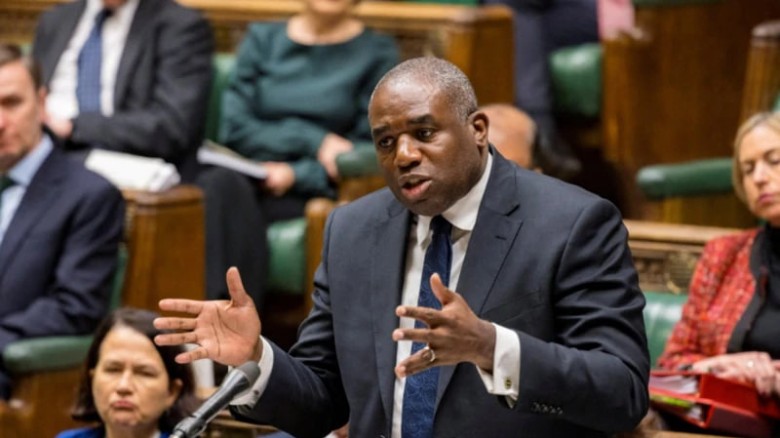



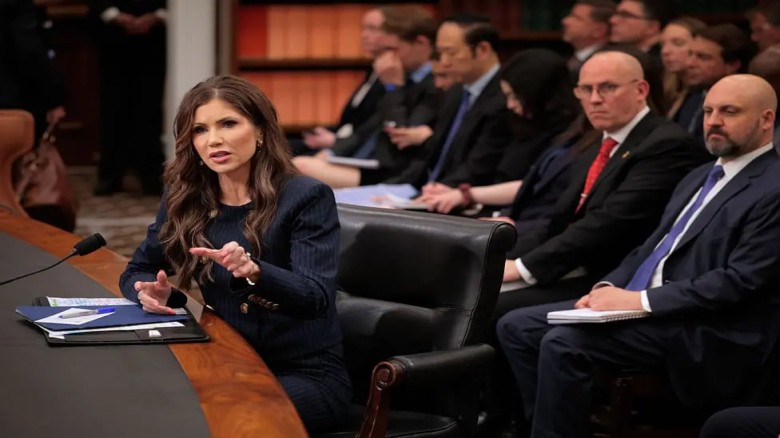


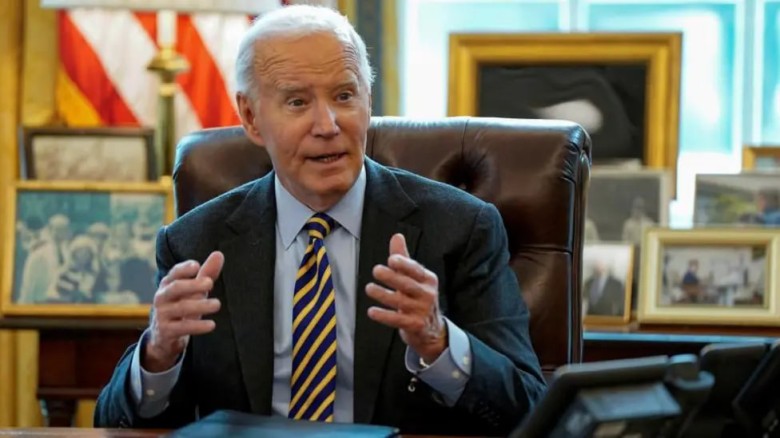






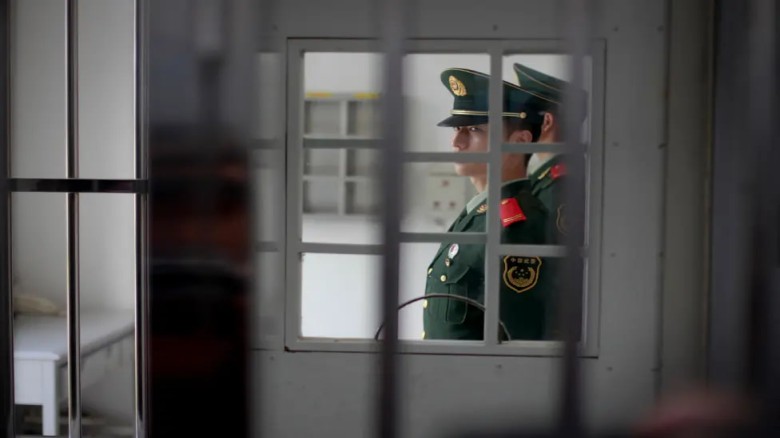



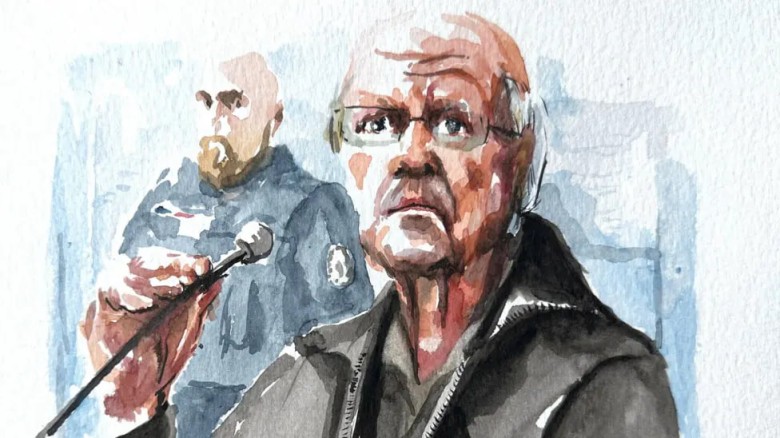



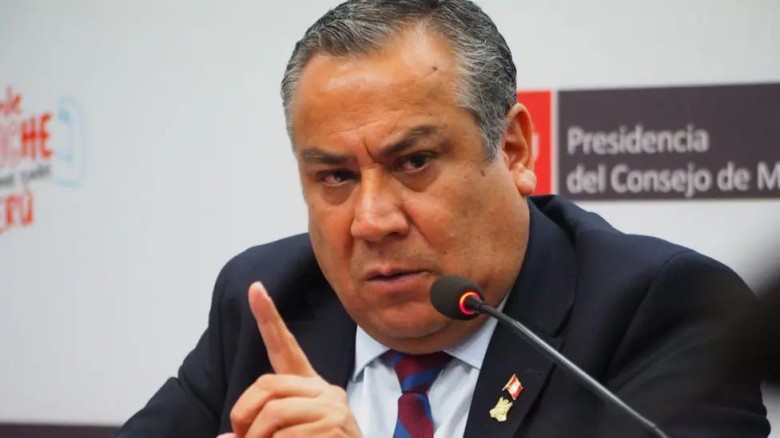





















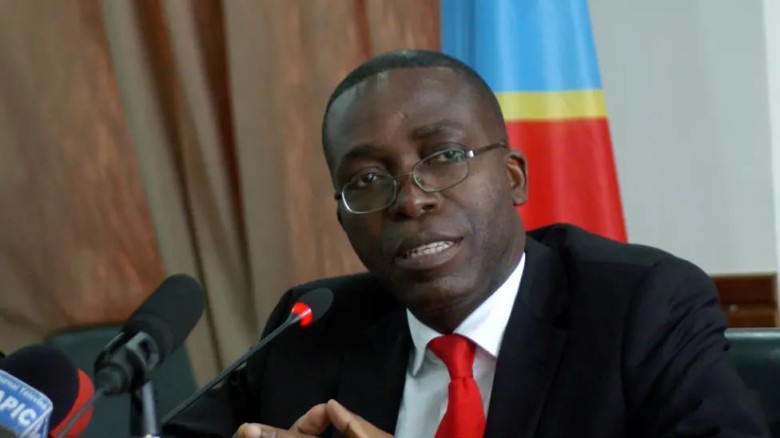


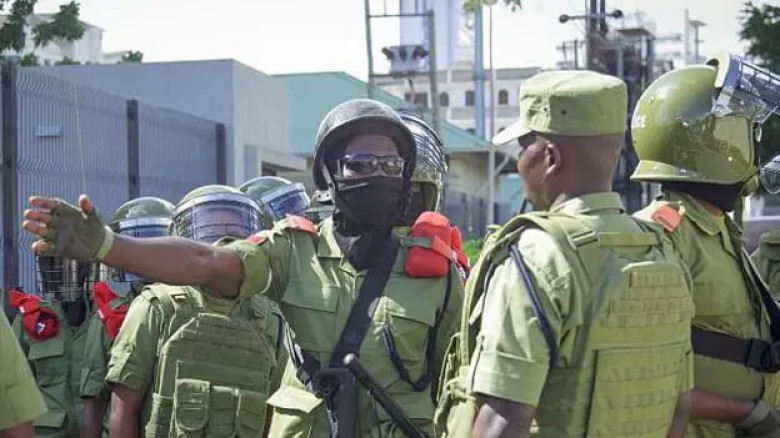



















Leave A Comment